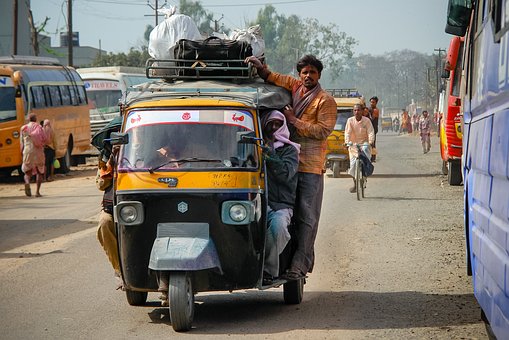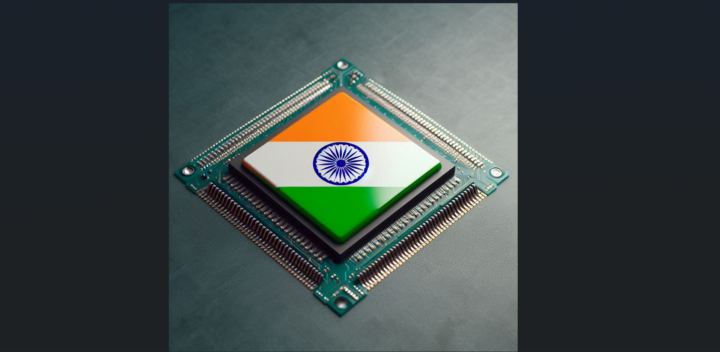For anyone who has seen the ubiquitous Google Maps ads insisting on people to be more precise in their ‘estimated time of arrival’ knows that the humour of the campaign works because of the well-known inside-joke of ‘Indian Standard Time’. For others however, the making of maps and GPS, the underlying technology that allows the precision in creating more detailed maps of a given terrain, is no laughing matter.
India is now looking at using the technology to run a pilot programme by the National Highways Authority of India that allows toll bridges to automatically deduct tolls from registered vehicles. Using satellite GPS technology to determine the position and identity of the car, the program is intended to run for a year and will run on the National Highway between Mumbai and Delhi, the Economic Times has reported.
In addition to this, the Road Safety Ministry of India tweeted on Jan. 18 “that From 1st April, 2018, the passenger transport vehicles including taxis and buses are to be mandatorily equipped with GPS devices.” The measure was suggested as a means for safety, particularly for women travelling alone in cars. The move comes as a welcome idea, if implemented correctly. Co-founder Kalpana Viswanath of Safetipin for one was reported in the Times of India for saying “Doing things in piecemeal can’t be the solution. Just installing GPS and panic button will not work unless someone is tracking them. There have been many good ideas; now the focus should be on implementing them in the next one year.”
The merging of AI and GPS will also be a crucial feature for many new startups in this space. GPS navigation company Sygic Chief Innovation Officer Marian Holler is for one hoping that the tools developed can be used for self-driving cars in the near future. “AI-based solutions are being implemented into the automotive segment. This year the challenge of a full “hands off” vehicle is on the table. To enrich the travel experience, new features based on the emotional, cognitive and wellness states of the drivers are tested in the sector of semi-autonomous and fully autonomous vehicles.”
So the new developments have turned out to be fertile ground for new businesses in the geospatial sector. On their blog last month, Mapmyindia wrote that “it is predicted that the hundreds of billions being generated as revenue by the geospatial segment worldwide are slated for a mega-jump. A continuous growth rate of 13.6% is expected till 2020. The Indian share of this market is expected to be a far larger percentage, based on its nascent stage, than it is today.”
Mapmyindia was recently reported as moving into the bloated two-wheeler market by announcing a unique solution that would allow motorcycles and scooters to navigate India’s many labyrinthine streets. The plan, that was reported initially in The Hindu, will be partnered with a yet unidentified manufacturer of two-wheelers and will be unveiled in a month’s time.












